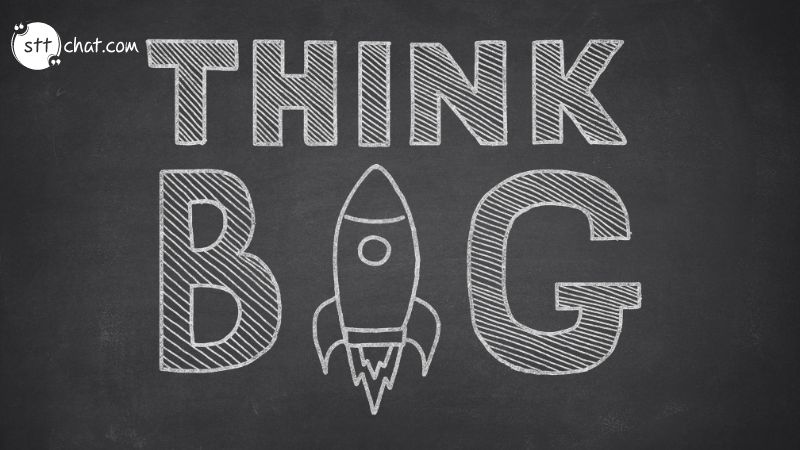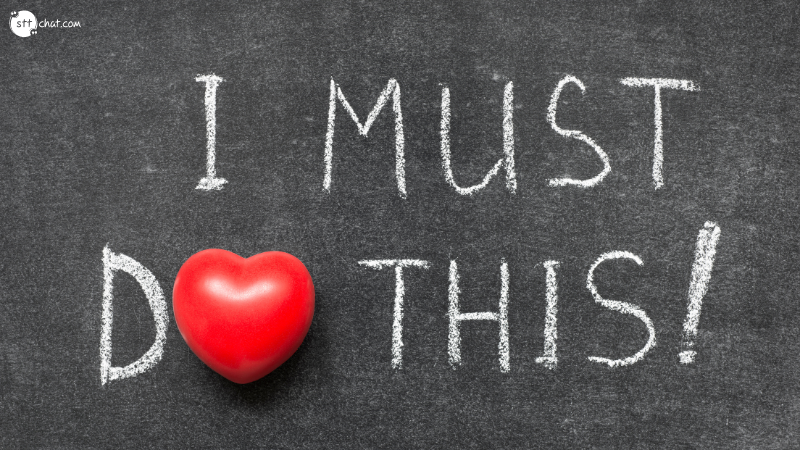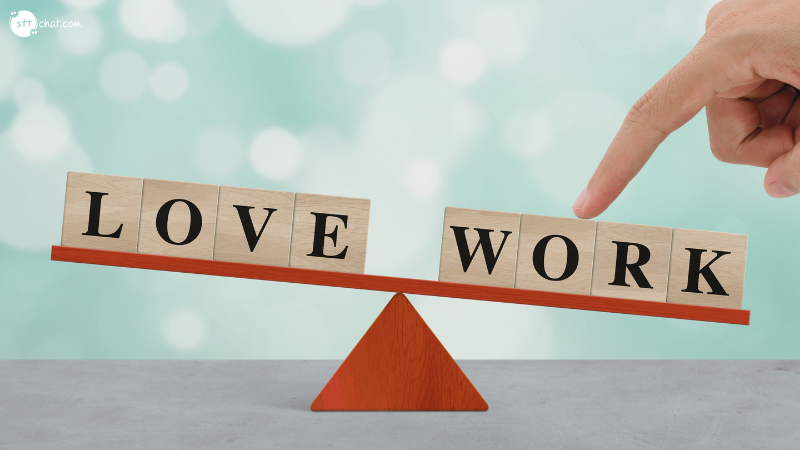Excuses: The Silent Saboteurs of Success
Excuses are the comforting lies we tell ourselves when we fail to meet our goals. They offer a temporary reprieve from the guilt of inaction but ultimately steal our dreams. When we allow excuses to take root, they destroy everything we aspire to achieve. They make us feel better in the short term but sabotage our long-term success.
To overcome excuses, one must recognize them for what they are: a barrier to success. Replacing excuses with discipline is the first step toward reclaiming control over your life.
Why Discipline Equals Freedom
The concept that "discipline equals freedom" might seem counterintuitive at first glance. However, when you dig deeper, it becomes clear that discipline provides the structure needed to achieve true freedom. Without discipline, you become a slave to your circumstances, whether it's health, finances, or time.- Health: Without the discipline to exercise and eat healthily, you may find yourself a slave to disease. Poor health limits your freedom to live life fully and pursue your passions.
- Finances: Lack of financial discipline can trap you in a cycle of debt and financial instability. On the other hand, disciplined saving, investing, and spending can lead to financial independence, offering you the freedom to make life choices without being bound by financial constraints.
- Time Management: Poor time management leads to a chaotic life, with little to no free time for yourself. Discipline in managing time ensures that you can balance work, leisure, and personal development, giving you the freedom to enjoy life without constantly feeling overwhelmed.
Building Discipline: Start Small, Think Big
Developing discipline is not an overnight process. It requires consistent effort and a willingness to push through discomfort. The good news is that you can start small and gradually build your discipline over time.
Emotions: Mastering the Internal Struggle
Our emotions can be powerful allies or formidable adversaries. When left unchecked, emotions can lead us down destructive paths, causing us to make poor decisions based on temporary feelings. Discipline involves not only controlling your actions but also mastering your emotions.It's normal to feel sad, frustrated, or angry at times. However, allowing these emotions to dictate your actions can be detrimental. For instance, when you're feeling down, you might be tempted to indulge in unhealthy habits or procrastinate on important tasks. While these actions might offer short-term relief, they can lead to long-term regret.
The key to overcoming emotional turmoil is to acknowledge your emotions but not let them control you. Discipline allows you to feel your emotions, understand them, and then make decisions based on logic and long-term benefits rather than immediate gratification. By doing so, you gain control over your life and avoid the pitfalls of emotional decision-making.
Taking Action: The Antidote to Inertia
One of the biggest obstacles to success is inaction. When faced with challenges, many people hesitate, unsure of what to do or fearful of making the wrong decision. This hesitation often stems from a lack of discipline and the comfort of excuses.However, taking action, even imperfect action, is always better than doing nothing. When you take action, you create momentum. You learn, adapt, and move forward. Even if you make a mistake, you gain valuable experience that can guide your future decisions. In the context of leadership, especially in high-pressure situations like those faced by SEAL teams, the ability to act decisively is crucial. Leaders are trained to make action their default mode, pushing past hesitation and uncertainty. This same principle applies to everyday life. When you encounter a problem, tackle it head-on. Don’t wait for the perfect solution or the ideal circumstances. Start moving forward, and you’ll find that progress comes more easily.
Embracing Extreme Ownership: The Path to Empowerment
Extreme ownership is the practice of taking full responsibility for your life and everything in it. It means acknowledging that your successes and failures are a result of your actions—or inactions. While it can be painful to admit that you are the source of your problems, it’s also incredibly empowering. When you take ownership of your life, you gain the power to change it. You stop blaming others or external circumstances and start focusing on what you can do to improve your situation. This mindset shift is crucial for personal growth and success.Extreme ownership is the antidote to excuses. It forces you to confront the reality of your life and take the necessary steps to improve it. By embracing this mindset, you free yourself from the limitations of excuses and empower yourself to create the life you want.
Conclusion
In the end, discipline is not about restriction; it’s about liberation. By cultivating discipline in various aspects of your life—health, finances, time management, and emotional control—you create the foundation for true freedom. You gain the ability to make choices that align with your long-term goals and values, rather than being swayed by short-term temptations and excuses.Remember, discipline is a journey, not a destination. Start small, stay consistent, and watch as your life transforms. The freedom you seek is on the other side of discipline.






